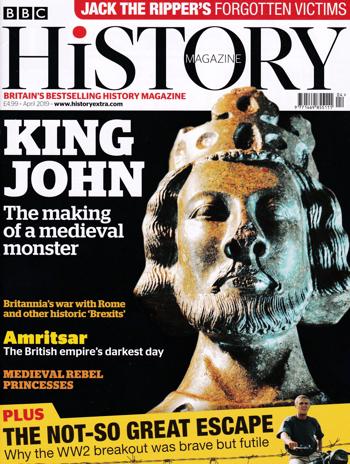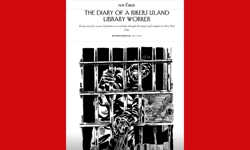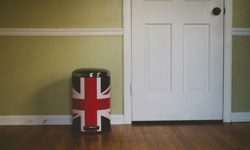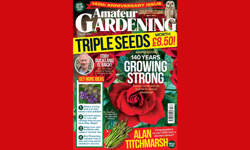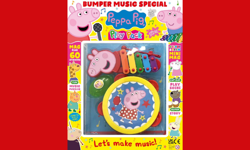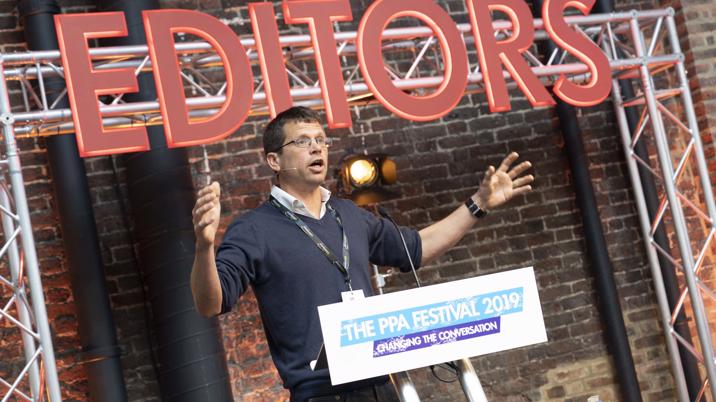
Magazine sales are in decline. Really? Try telling that to BBC History Magazine which is selling 44,000 more copies than it did in 2000.
Its success is down to capitalising on widespread interest in history, delivering quality content and treating print and digital as entirely complementary publishing and marketing channels, with each feeding and reinforcing the other.
As Dave Musgrove, content director, told last week’s PPA Festival, the sweet spot is the “combined effect of print and digital together”.
BBC History uses a multi-touchpoint strategy, with free content (newsletters, podcasts, social media) creating the buzz and driving people to the paid-for content (magazines, events, merchandise, archive). Data is key to optimising performance: “If you’re not using data, you’re doing a disservice to yourselves and your readers.”
It’s a virtuous circle and the website sits at the centre of it.
To illustrate the process, Musgrove talked us through the April cover story (King John: The making of a medieval monster).
First step was to publish the free stuff: articles on the website, consisting mainly of previously published material drawn from the evergreen archive; a half hour podcast with author Prof Vincent (“he was far far worse than anyone could possibly imagine”), along with tweets to promote the podcast, on-sale date and other King John titbits.
Then publish the issue (print and digital), continue to promote it during the on-sale period, and then once it’s over, pop the King John cover story into your paywalled archive. Ta-da!
All this activity comes off a single feature. It is a well-honed process, designed to make best use of editorial resources, and repeated time after time.
If, he concluded, you get it right, the content mix works equally well in the immediacy of the web and in the more reflective world of print.
And… BBC History Magazine is definitely getting it right.
